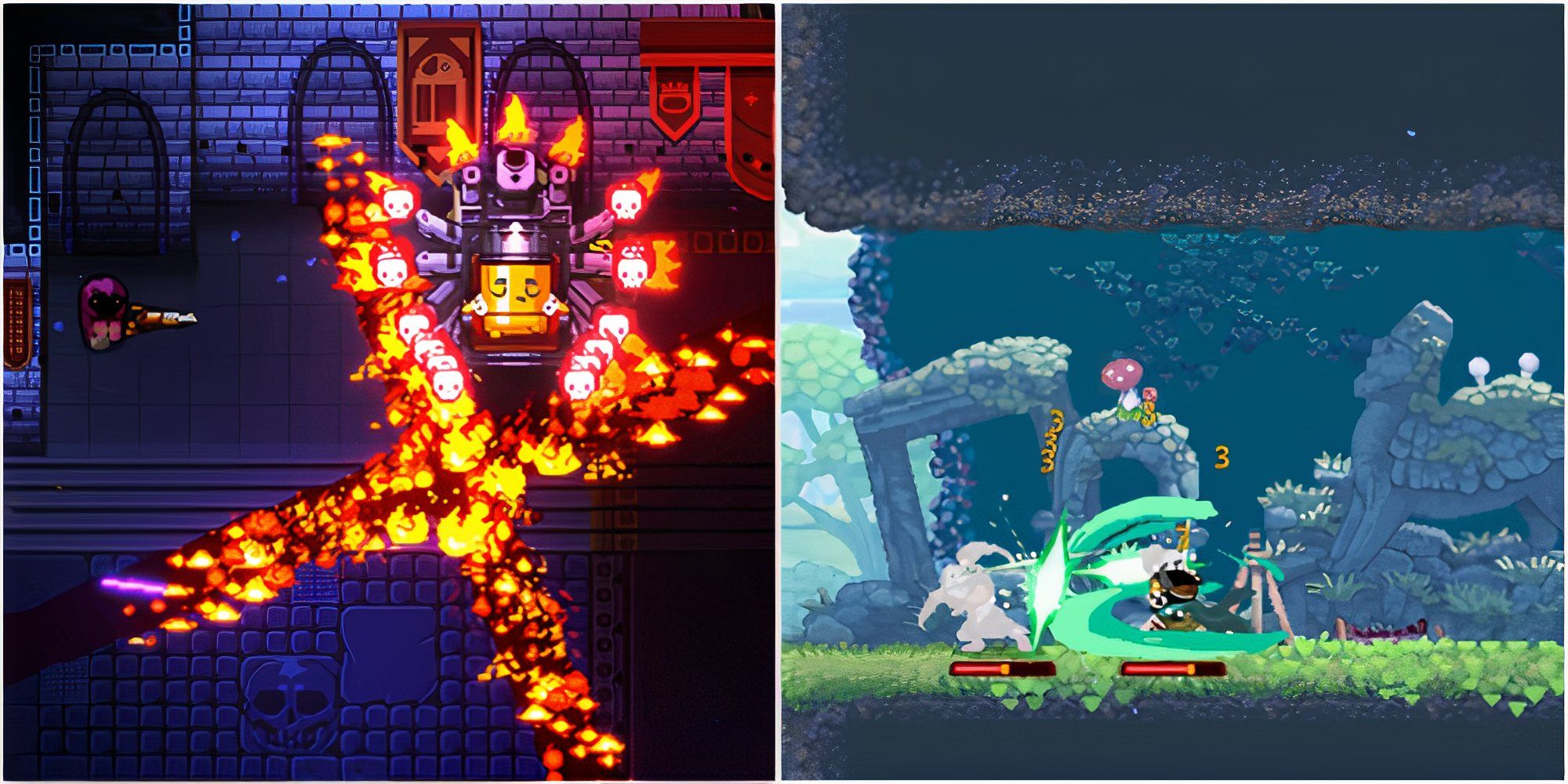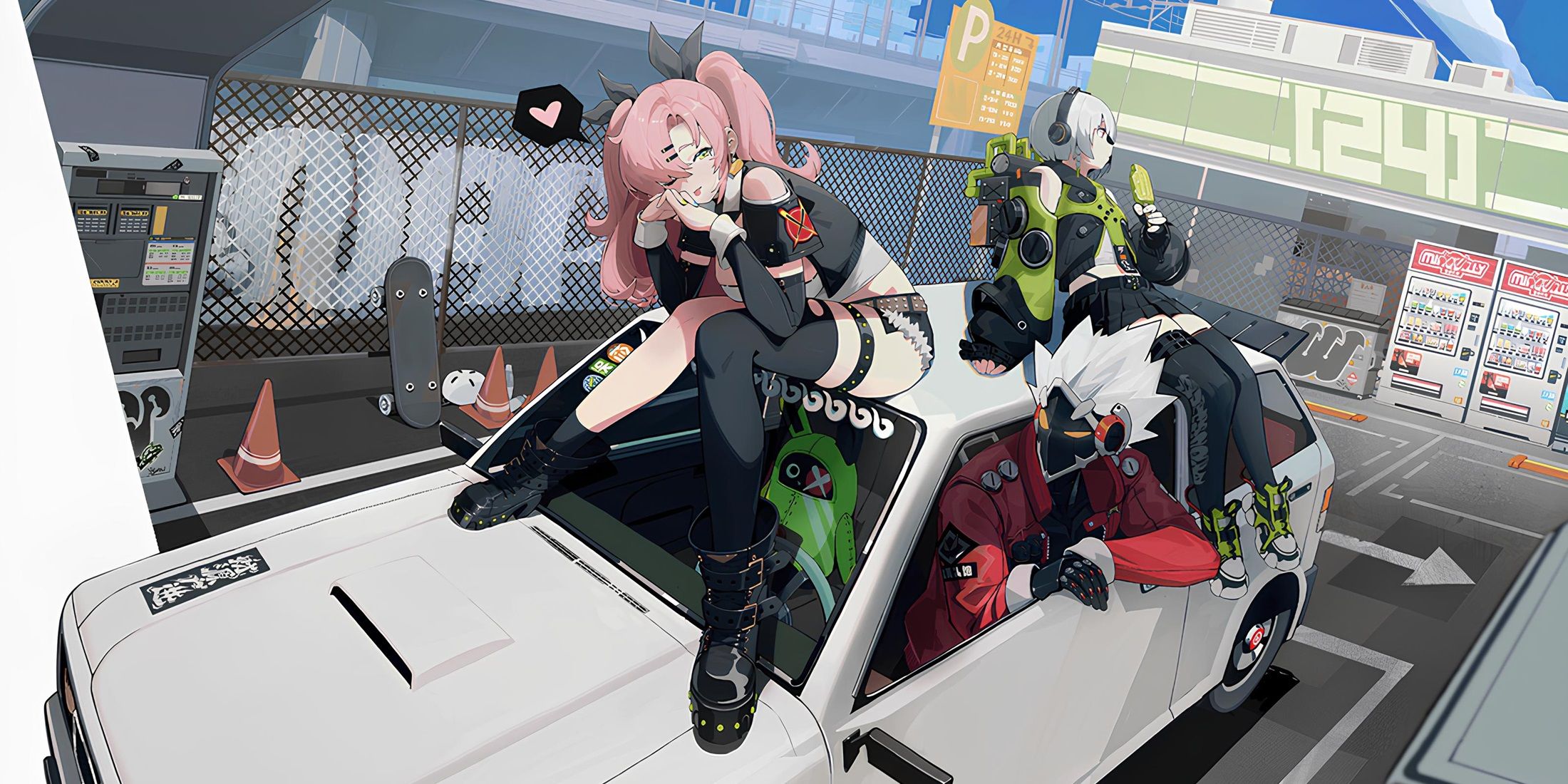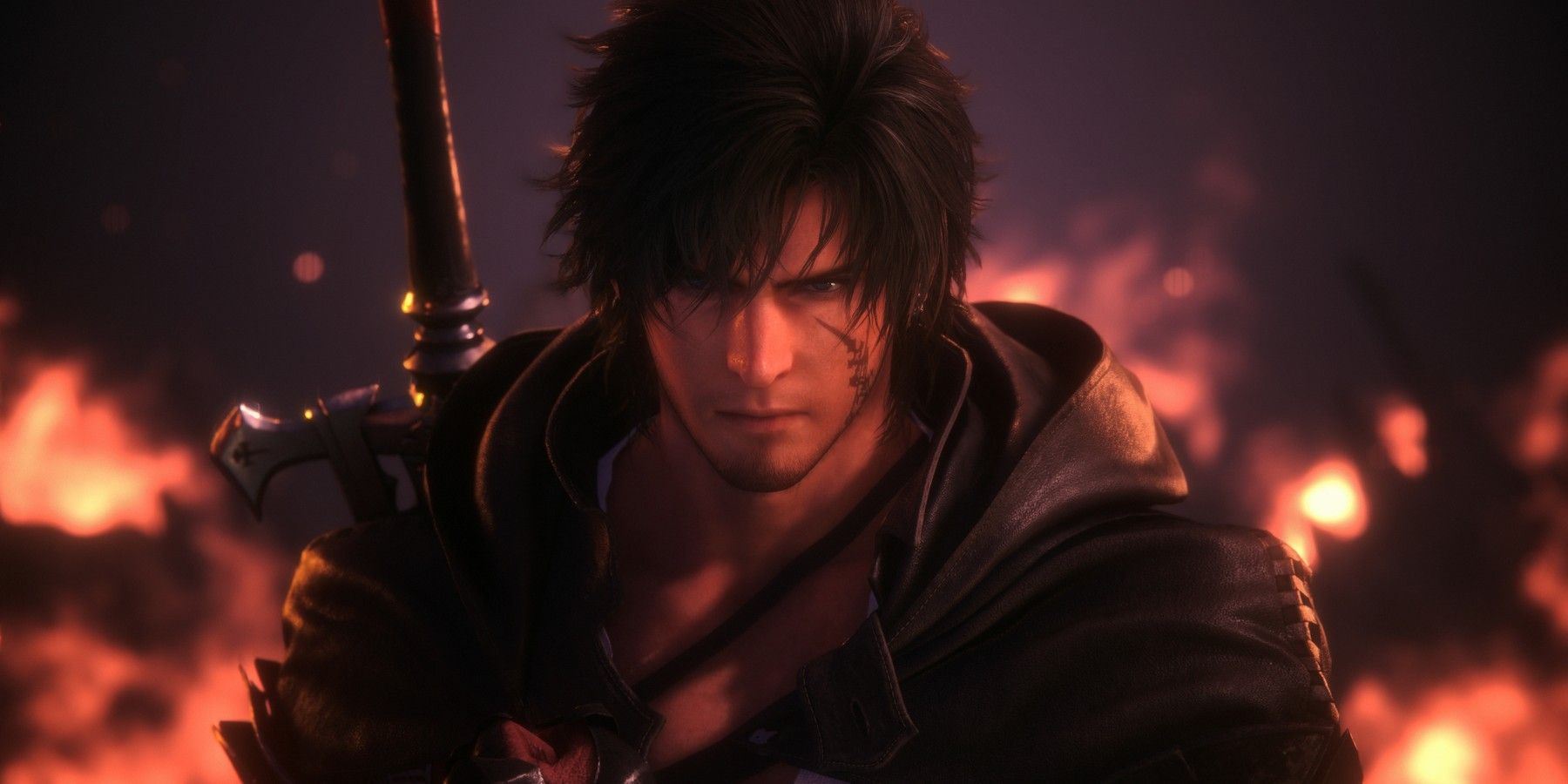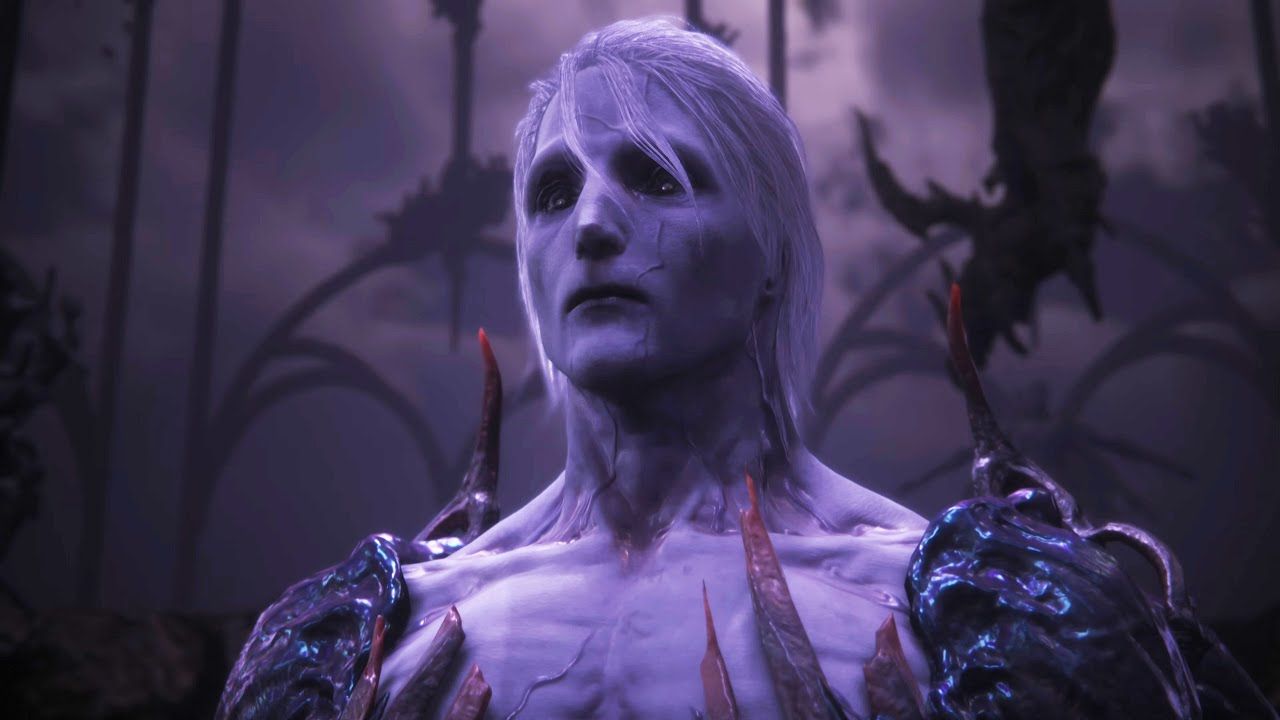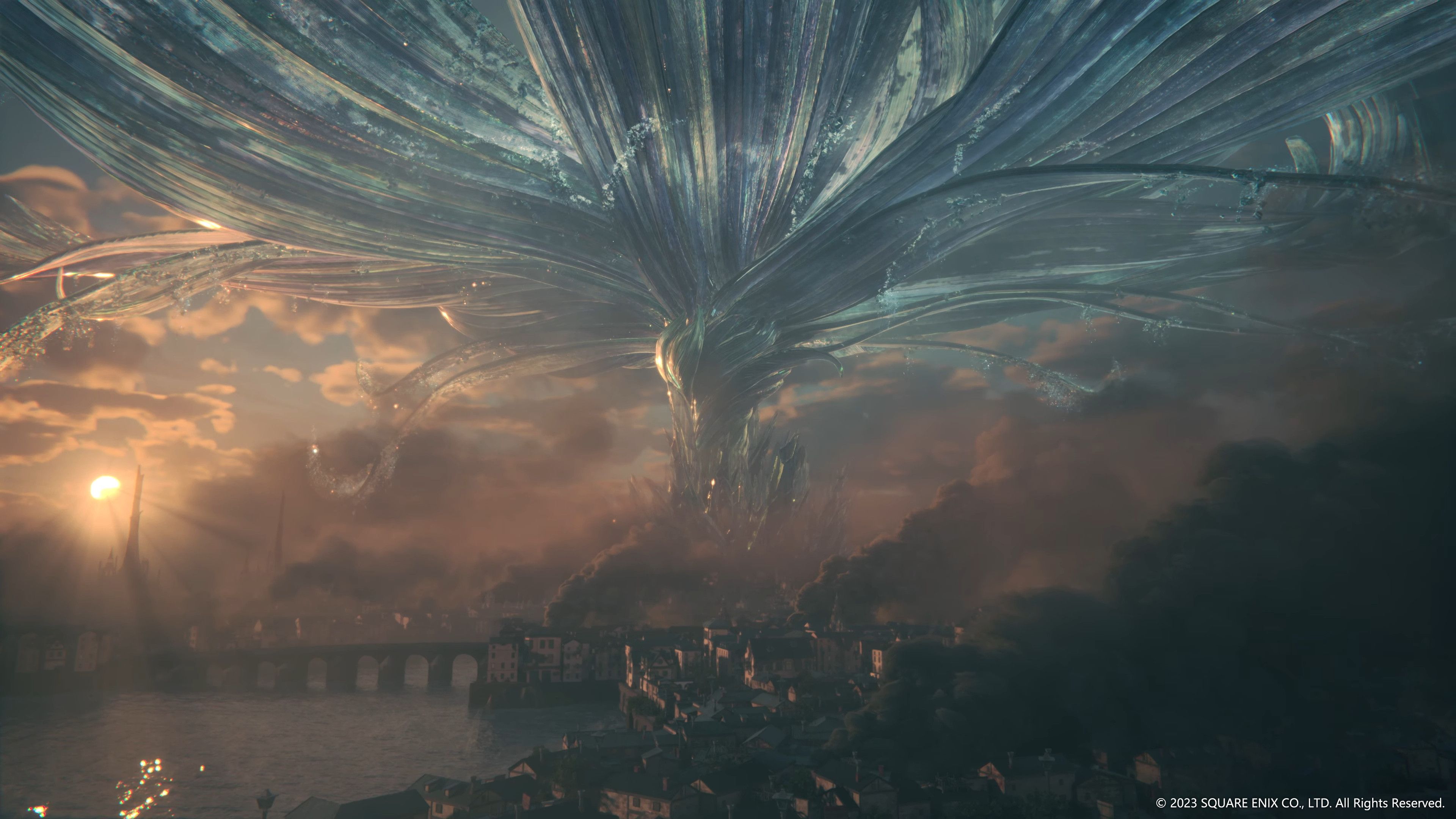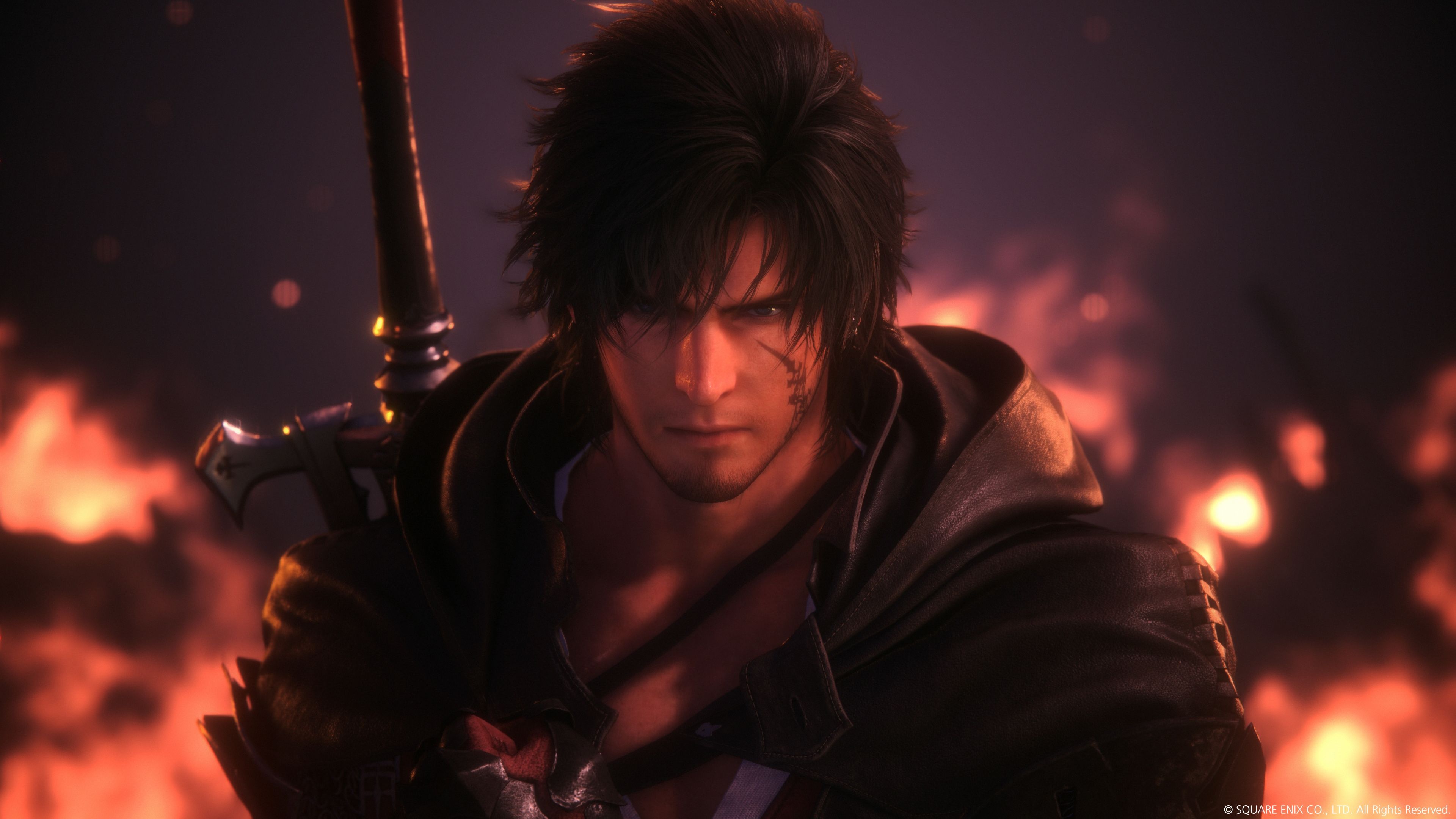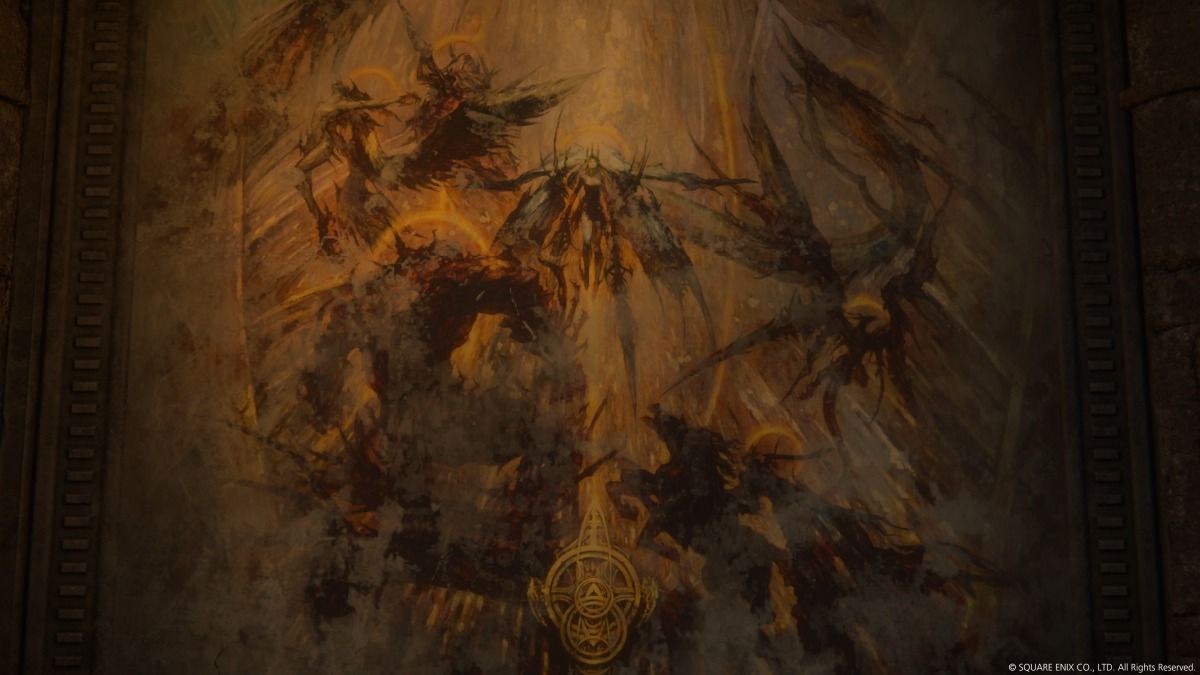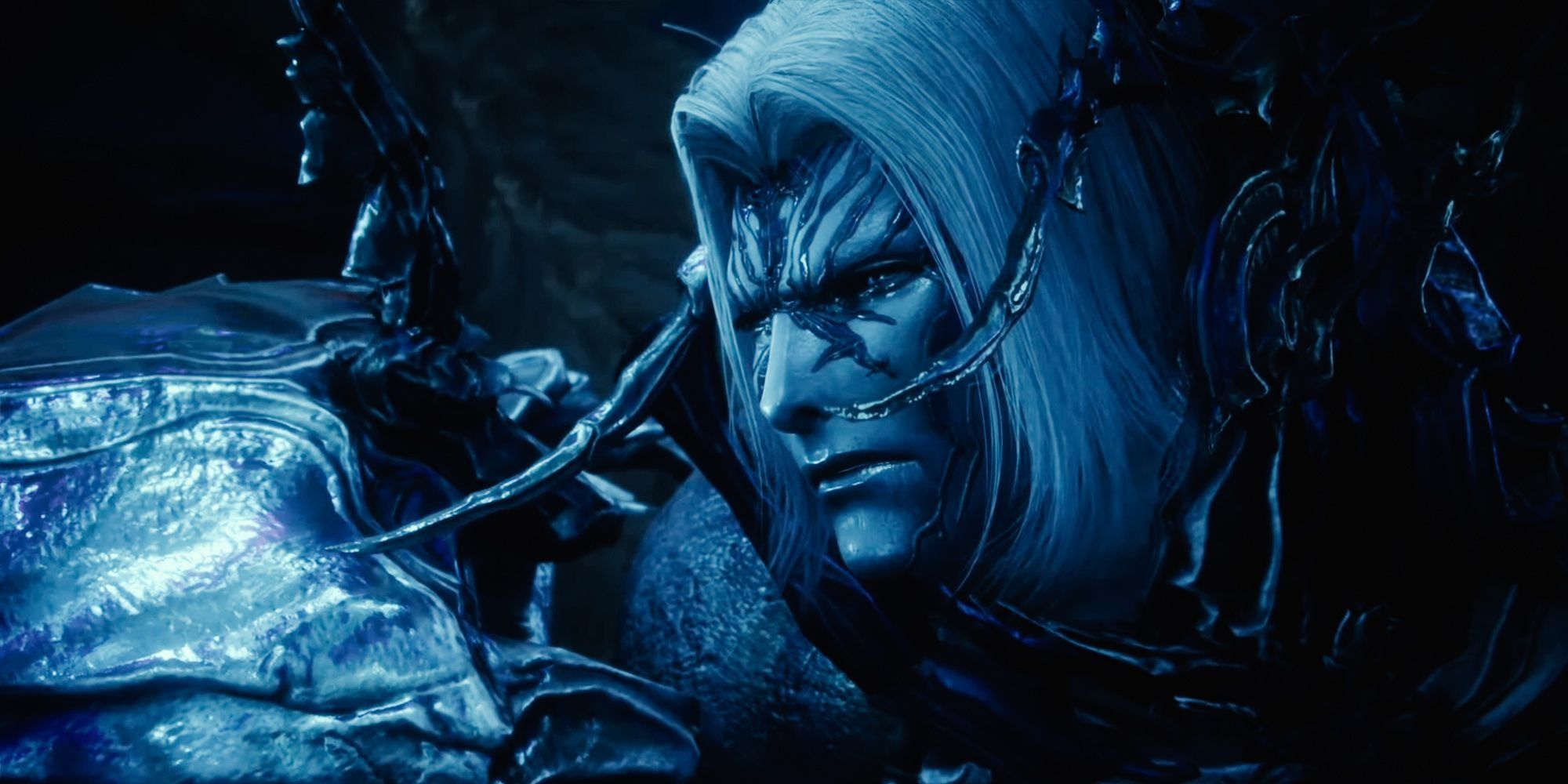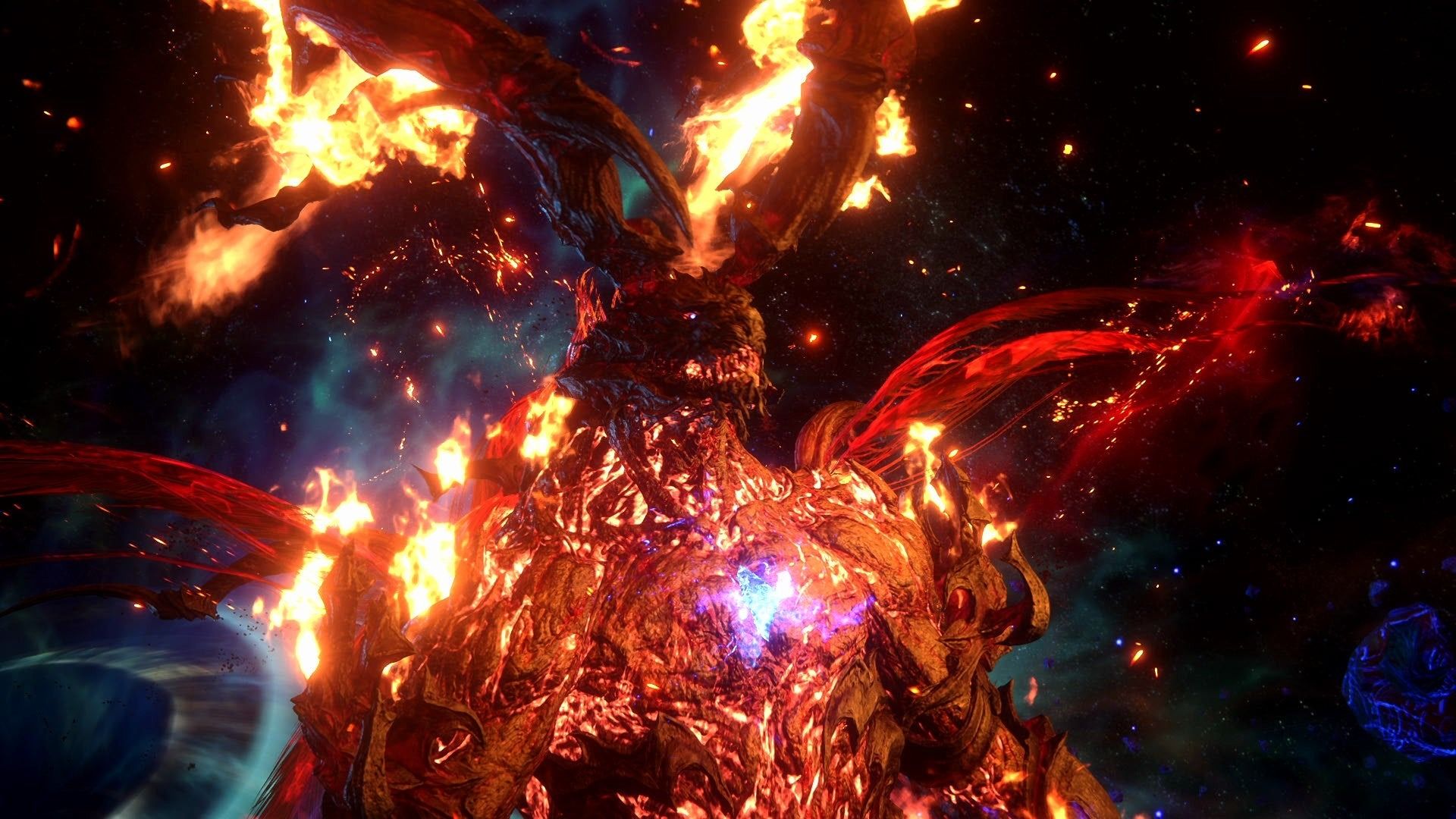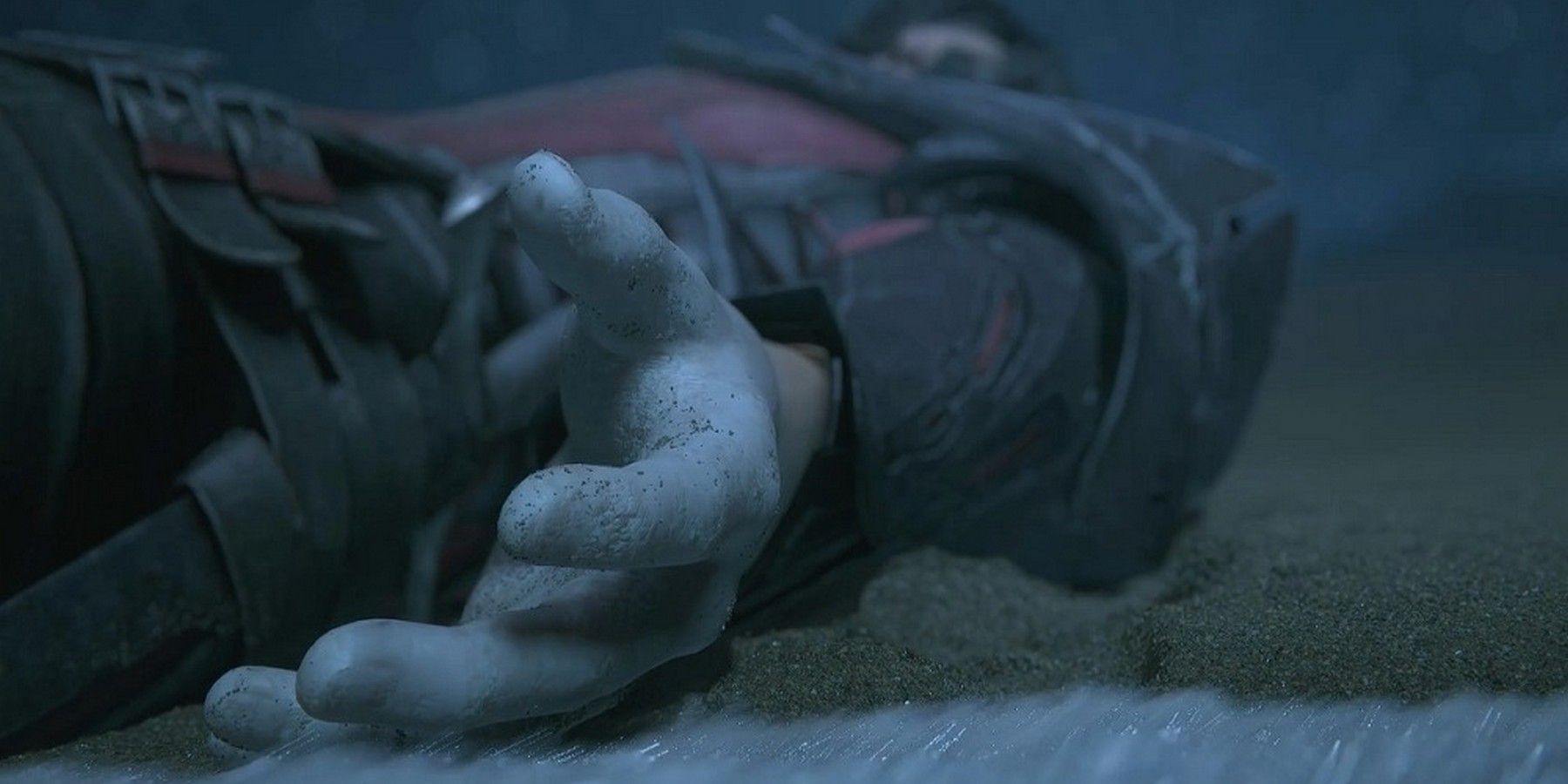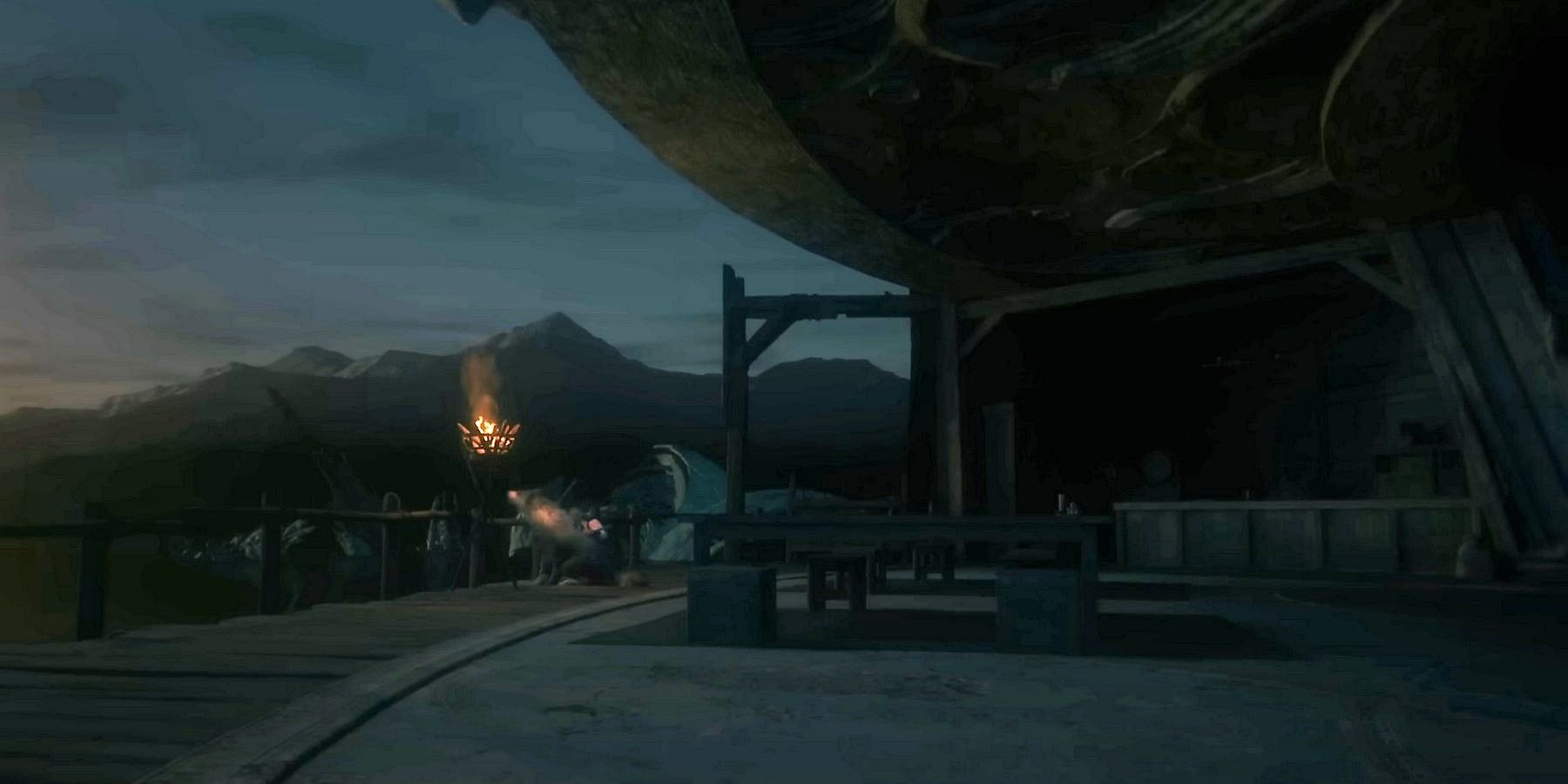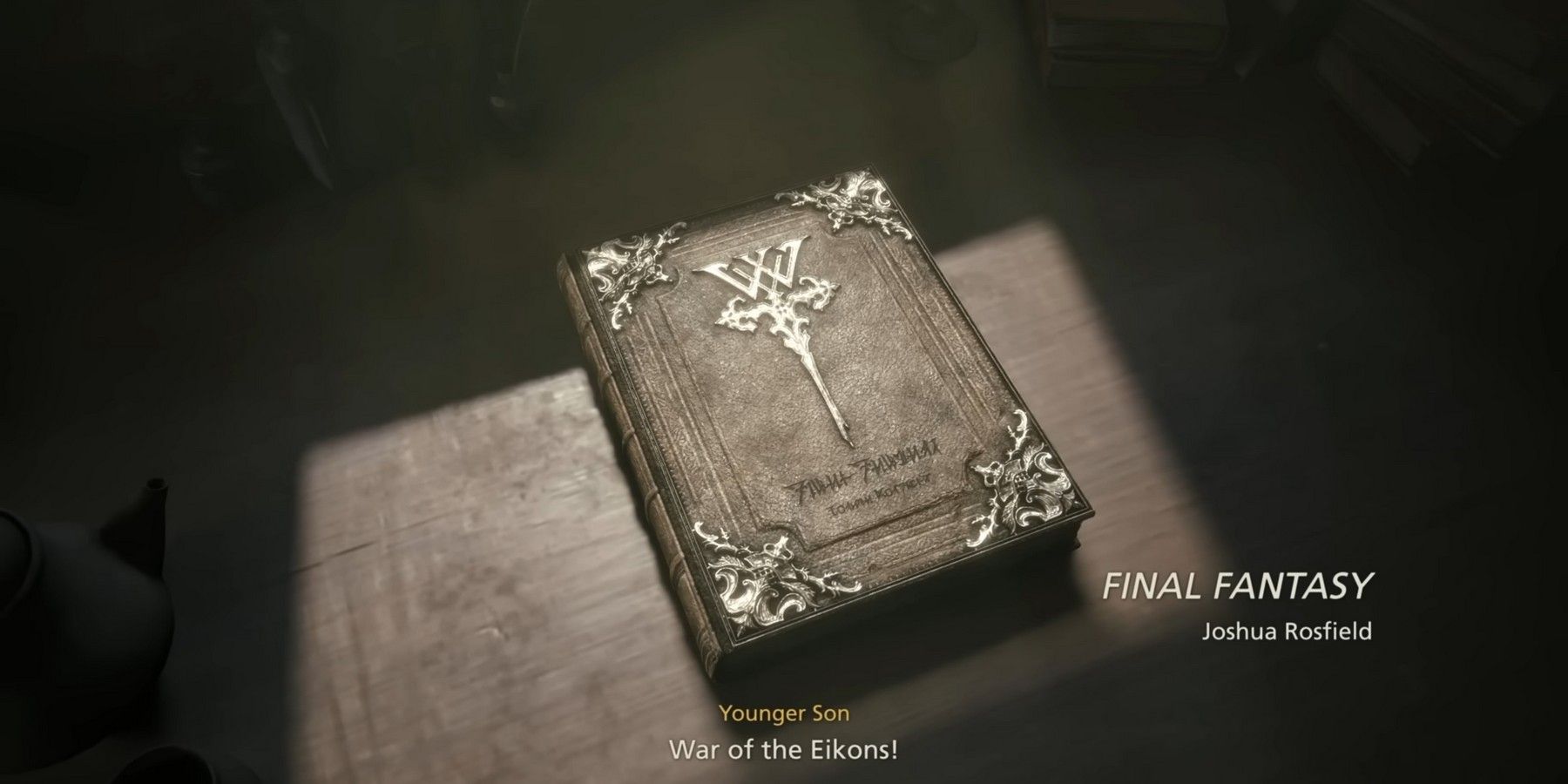After putting players through an emotional and physical wringer over dozens of hours, it only makes sense that the concluding hours of Square Enix's Final Fantasy 16 are full of exciting moments, big story twists, and perhaps even a tad controversial. Clive Rosfield's journey from young, budding swordsman to world-saving hero is about to reach its conclusion, but there are still many loose ends to tie up.
The enemies that Clive and his allies face in Valisthea are not quite done just yet, and as the game charges towards its conclusion like an empowered Eikon clashing with another, things will only get wilder. For players who are nearing the end or already experienced it, and for those who are not intending to see out the journey, here's everything to understand about the ending of Final Fantasy 16.
Warning: Full spoilers for the final events of Final Fantasy 16 will be revealed below.
The Ending of Final Fantasy 16 Explained
Before diving deep into what happens at the end of the game, it is essential to have background information on how things came to be in the first place. It all begins with the grand plans of the gods, chief among them the antagonist known as Ultima.
Creating a New World
In ancient times, the gods created magic and benefited from its properties, allowing these beings to thrive. Unfortunately, their efforts came with a price; the all-consuming Blight sprung up, threatening to devour everything with the gods powerless to stop its approach. 16 survivors of the Blight made their way to Valisthea as an escape plan, but the Blight followed. The only solution was to create a whole new world, and that will require two things. First, a staggering amount of magic needs to be amassed, and second, a vessel needs to exist to wield the magic.
For the former, the gods gave up their physical forms to bring into existence the Mothercrystals, infusing their spirits into the constructs, which also harvested the aether from the lands of Valisthea. As for the latter, the gods created humanity in the hope that as time passes, the vessel known as Mythos will be born. This individual will then come under the control of Ultima, who will cast the spell to create a new world free from the Blight.
The Passage of Time
While this plan was put into motion, it still required plenty of time. As such, the gods went into hibernation and awaited the pivotal moment to emerge yet again in Final Fantasy 16. Yet, this proved to be a huge mistake, as humanity became lost without the guidance of greater powers, eventually developing free will and control over their lives, all while forgetting the existence of these gods.
The newfound independence of men also meant that all sorts of desires came to the fore, with the discovery of magic leading to constant struggles for power and dominance. The advent of magic predictably called to the Blight, which increased its stranglehold on more of Valisthea.
At the same time, the destruction of the Drake's Head Mothercrystal by Clive Rosfield and Cidolfus Telamon awoken Ultima, who presented itself as an unknown threat. The defeat of Typhon the Transgressor only served to help Ultima understand that Clive is Mythos, which meant the time had come for the gods' plan to progress.
The Arrival of Mythos
Ultima then began corrupting the likes of Waloed's king, Barnabas Tharmr, the Dominant of Odin, and Emperor Olivier of the Crystalline Dominion, setting Clive on an inevitable clash with those who held the powers that he needed to absorb to become the fabled Mythos. The destruction of the Mothercrystals was also part of the plan, allowing the gods to be free once more as Clive remained oblivious to the overarching plot in Final Fantasy 16.
Eventually, Clive will gain all the powers of the Eikons, primed to be the foretold Mythos that Ultima could finally use to cast the spell, Raise, in order to create a new paradise for the gods, dooming Valisthea and humanity. Of course, the protagonist has other ideas, with the players helping to put an end to these dastardly plans.
Ifrit Risen and Logos
As seen in the fight against Bahamut, both Clive and his brother, Joshua, could combine their Eikons' powers to become a new being known as Ifrit Risen. This is the final form of Mythos, a combination of Ifrit and Phoenix, which is an image that adorns many religious murals that have since been lost.
Thankfully, in his quest to find out more about Ultima, Joshua eventually stumbles onto the full picture in Waloed, where it reveals that unlike Garuda, Ramuh, Shiva, Titan, Bahamut, Odin, and the lost Leviathan, the Phoenix and Ifrit are different beings altogether, and this is the key to everything. Ifrit Risen is looked at with admiration by the other Eikons and will serve a higher purpose for the gods.
This is how the legend of the Mythos will unfold. Either the pair of brothers will become the Mythos that Ultima and the gods crave or the Logos, a corrupted Mythos that is driven by its own will.
With the growth of Clive throughout the game, it isn't a surprise that it is essentially Logos that eventually confronts Ultima at the end of Final Fantasy 16. The lack of divine guidance has allowed humanity to control their will and, in turn, weakened the powers of gods like Ultima, which makes it possible for Clive to take the fight to this evil being with his friends and family by his side.
The Siege of Origin
Following the destruction of the final Mothercrystal in Waloed, Ultima makes its way to the city of Twinside, which was built on top of Origin. This was the vessel in which the gods arrived on Valisthea a millennium ago. In a desperate gambit, Ultima takes Origin into the sky and begins draining the lands of aether rapidly, causing the Blight to spread even quicker than before, all while everything turns Akashic from the aetherflood and increases the danger for the people of the lands.
Joined by Dion, the previous Dominant of Bahamut, Clive, and Joshua go on the offensive straight into the protective crystal encasing Origin. Once inside, the trio combines their power in a futile attack on Ultima, which sadly kills Dion and leaves Clive grievously wounded. Joshua uses the power of the Phoenix to help his brother recover, but in turn, drastically weakening himself.
After carrying Joshua to the Core of Origin, Clive witnesses Ultima merging with all the freed gods, including the spirit trapped by Joshua at the beginning, to become its final form. With enough aether, all Ultima requires now is Mythos to cast its nefarious spell.
Ultima's End
With his remaining breaths, Joshua bestows the full power of the Phoenix on Clive, allowing the hero to become Ifrit Risen without outside help. This kicks off an epic battle with Ultima, putting players through three stages of intense Eikon combat and magical spectacles.
In the end, Ultima is defeated by the gods' own creation, with Clive sharing that humanity's continuous struggles are all worth it to be free as a final kicker to the defeated god. He absorbs Ultima's power and reaches the pinnacle of his transformation into Logos.
The Hard Choice
Having gone through so much and gaining a better understanding of everything that came before, Clive realizes that in order for humanity to be saved from the Blight, magic must be eliminated entirely. To do so, he will have to use all the power amassed to destroy the final Mothercrystal at the heart of Origin.
“It seems Ultima’s power was too great for this vessel all along,” Clive proclaims. “But while I am it, perhaps I can use it to set things right and see Ultima’s legacy consigned to the flames. Even if it means the end of me.”
As such, Clive sacrifices himself as the final gift to mankind, destroying the Mothercrystal and freeing the world from gods, the corrupting properties of magic, and the Blight. Washing up on a beach somewhere, Clive looks up at the sky and senses the fading of his own magic before supposedly meeting his end.
The perspective then shifts to Torgal and Jill Warrick looking at the night sky, with the star of Metia burning bright. Jill starts to weep, and Torgal howls, and depending on the player's belief, this could either mean the passing of Clive or that Jill's wish for the hero to come back safe was granted. The legend of wishing on Metia to make desires come true is probably what many would hope is working here.
Epilogue
Following the credits of Final Fantasy 16, there remains time for one more scene that likely portrays life in Valisthea after Clive's sacrifice. Two brothers are seen in the woods trying to make a fire, with the one bearing a resemblance to Clive remarking that he wished he had the flames of an Eikon. Their mother simply says that magic is just a fairytale.
As the child goes off to play with his dog and brother who has blond hair, the camera cuts to a book, which is titled Final Fantasy and is written by Joshua Rosfield. It seems like all the work done by Joshua, and perhaps the Undying has allowed the legend of the heroes to be commemorated. The world is only free because of the events that took place a long time ago in Final Fantasy 16, with only this book serving as a reminder of Valisthea's past.
Final Fantasy 16 is exclusively available for PlayStation 5.

